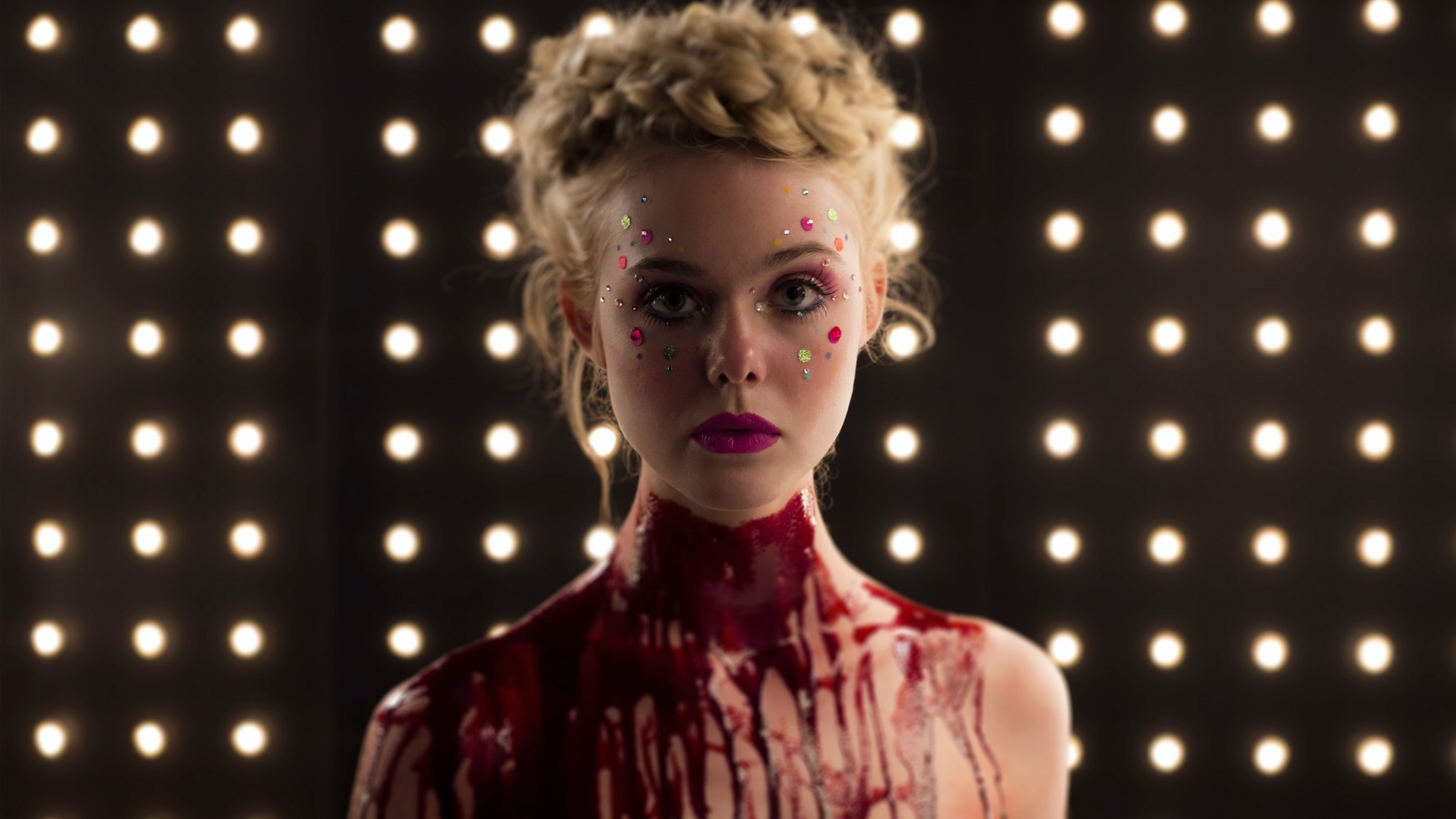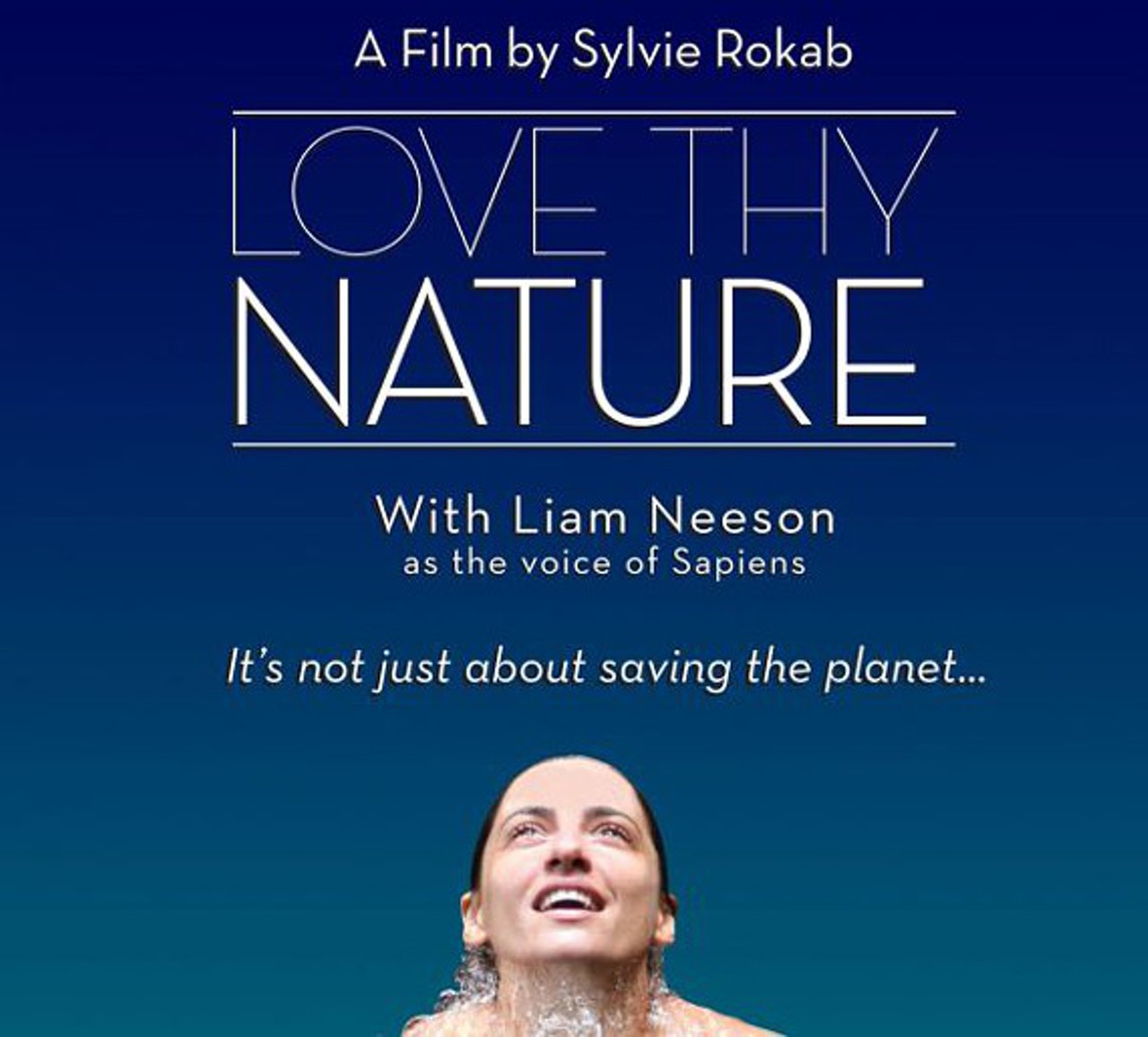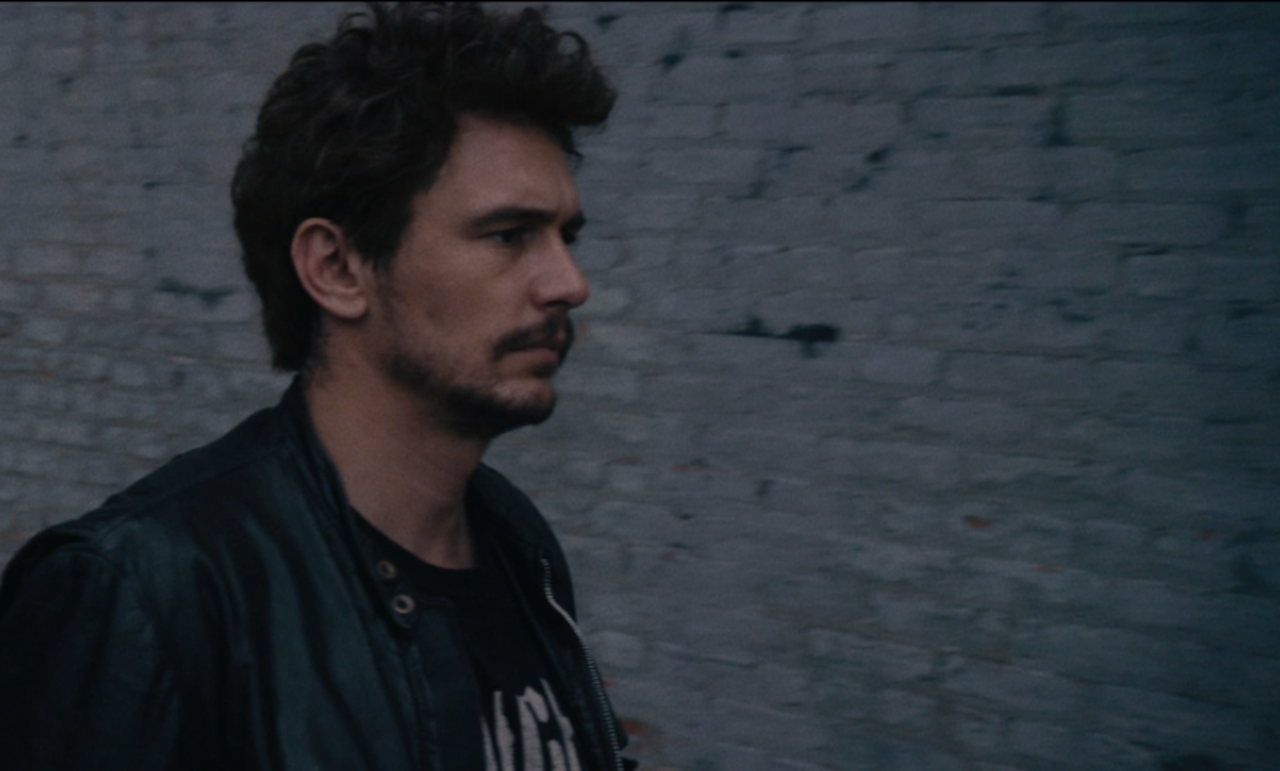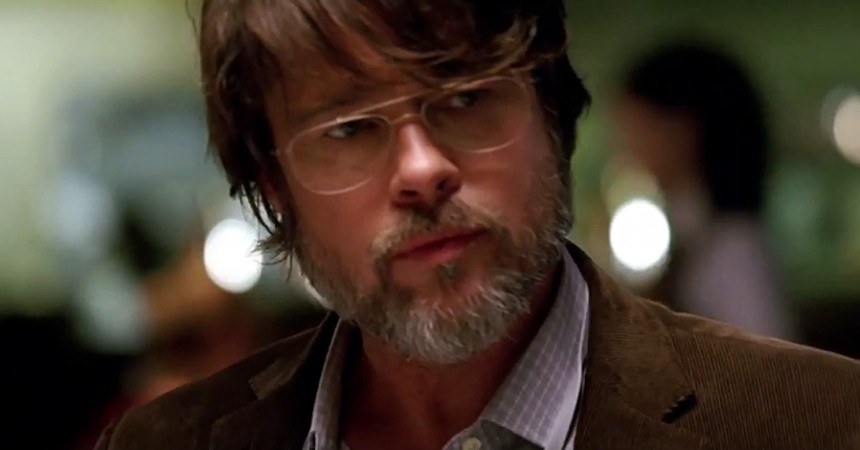The Neon Demon
by Hope Madden
“Beauty isn’t everything, it’s the only thing.”
So says an uncredited Alessandro Nivola, a fashion designer waxing philosophic in Nicolas Winding Refn’s (Bronson, Drive) nightmarish new film The Neon Demon.
The line, of course, is borrowed. Refn tweaks the familiar idea to suit his fluid, perfectly framed, cynical vision.
Jesse (Elle Fanning) is an underaged modeling hopeful recently relocated to a sketchy motel in Pasadena. Will she be swallowed whole by the darker, more monstrous elements of Hollywood?
Refn is as assured a director as you’ll find. Each of his films has its own peculiar and magnificent look and sound that sets it apart and marks the helmsman as someone with a unique vision to share. The Neon Demon looks and sounds great, but it doesn’t look or sound unique. The entire aesthetic, from the shots to the palette to the score, feels like a mash up of Stanley Kubrick and Dario Argento. Interestingly – or boringly, depending on your perspective – the story swims such familiar waters that this borrowed aesthetic feels simultaneously intentional and derivative.
Hollywood is a soulless machine that crushes people. The world objectifies women, a toxic reality that poisons everyone it touches. Small town girl gets in trouble following her dreams in Tinseltown. There’s nothing new here. To manufacture something, it’s as though Refn replaces fresh ideas with bizarre imagery.
It’s tough to make a film about the dehumanizing effect of objectification without objectifying, and even the deeply talented Refn can’t seem to do it.
The film is not without its charms. The Neon Demon is the closest thing to a horror film as anything Refn has delivered, even if it takes 100 minutes or so to get there. Like Only God Forgives, the longer you wander through this nightmarish landscape, the more outlandish the dream becomes. But for all its detractors and laborious weirdness, Only God Forgives felt like a breakneck action thriller compared to the languid, even leaden pace of Neon Demon.
But you know what? Keanu Reeves isn’t bad. Huh!









